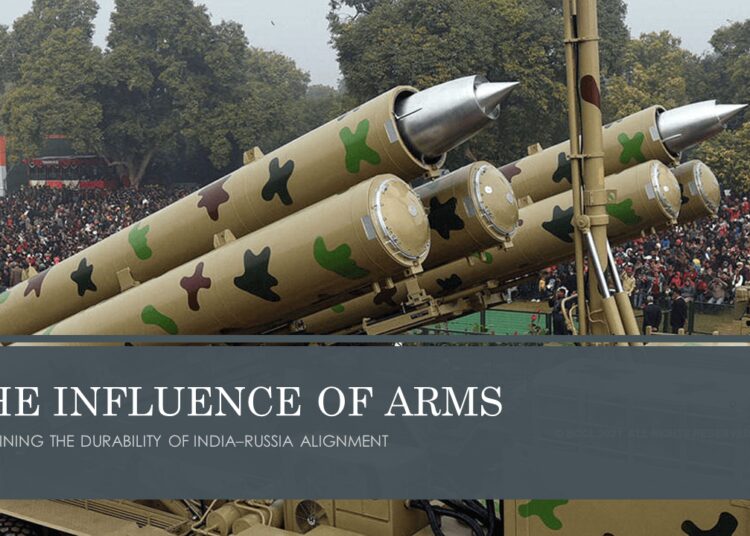Brothers in Arms: Exploring the Camaraderie and Bonding Traditions of the Military
Military service is often viewed as a solitary experience, but the bonds formed between soldiers, known as camaraderie, play a crucial role in military life. These bonds are built on trust, loyalty, and shared experiences, and are essential for successful military operations. Camaraderie provides emotional support, boosts morale, and improves overall effectiveness in combat situations. The military has a long history of fostering camaraderie through bonding traditions like nicknames, challenge coins, and unit creeds. Embracing these traditions creates a sense of brotherhood and solidarity among soldiers, helping them overcome challenges together.
Brothers in Arms: Exploring the Camaraderie and Bonding Traditions of the Military
Military service is often depicted as a solitary and intense experience, with soldiers facing the rigors of combat and the challenges of service alone. However, one of the most enduring and important aspects of military life is the bonds formed between soldiers, known as camaraderie. These bonds are built on trust, loyalty, and shared experiences, and are often described as being as strong as familial ties.
The Importance of Camaraderie in the Military
Camaraderie in the military is not just a nice bonus—it is an essential component of successful military operations. Soldiers who trust and rely on each other are more likely to work together effectively, communicate clearly, and make split-second decisions under pressure. This sense of unity and teamwork can mean the difference between success and failure in combat situations.
Furthermore, camaraderie can provide emotional support during difficult times, such as deployment or the loss of a fellow soldier. Knowing that you have a group of comrades who have your back can be a source of strength and comfort in times of crisis.
Bonding Traditions in the Military
The military has a long history of fostering camaraderie through bonding traditions and rituals. These traditions serve to strengthen the bonds between soldiers and create a sense of unity and shared identity.
One of the most well-known bonding traditions in the military is the practice of calling each other by nicknames or last names. This practice helps to break down barriers and create a sense of familiarity and closeness among soldiers. It also reinforces the idea that everyone is equal and part of the same team.
Another common bonding tradition is the exchange of challenge coins. Challenge coins are small, customized coins that are given as a symbol of camaraderie and belonging. Soldiers often exchange challenge coins with each other as a token of respect and friendship, and as a way to commemorate shared experiences.
Additionally, military units often have their own unique bonding traditions, such as unit creeds, chants, or rituals. These traditions help to build a sense of belonging and pride within the unit, and serve as a reminder of the shared goals and values that unite the soldiers.
Conclusion
Camaraderie and bonding traditions are an integral part of military life, helping to strengthen the bonds between soldiers and create a sense of unity and teamwork. These bonds can provide emotional support, boost morale, and improve overall effectiveness in combat situations.
By fostering a culture of camaraderie and embracing bonding traditions, the military creates a sense of brotherhood and solidarity among its members. This shared sense of purpose and belonging can help soldiers overcome the challenges and adversities they face, both on the battlefield and off.













